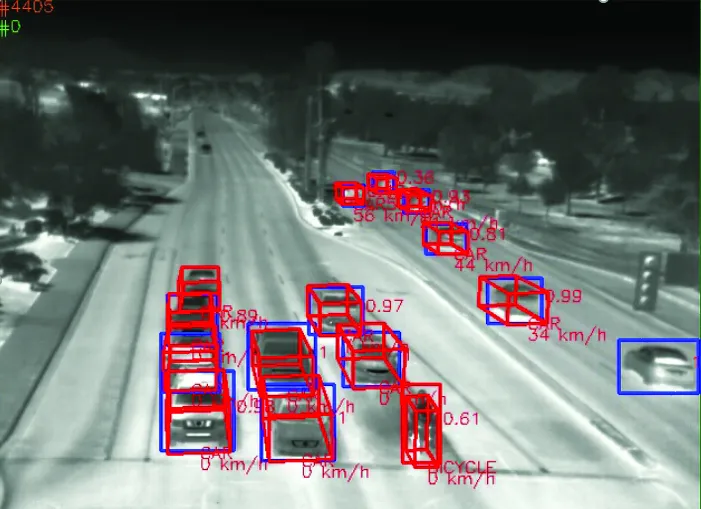The City of Seattle, Washington, is to implement Siemens’ Concert, an integrated traffic management platform that connects both Siemens and third-party systems across the city including traffic control centres, intersection controllers and parking guidance systems.
The Concert platform will integrate Siemens’ TACTICS traffic control system as well as the city’s existing dynamic message sign management system the local travel time system and the Washington Department of Transportation (WSDOT) freeway sys
May 18, 2016
Read time: 2 mins
The City of Seattle, Washington, is to implement 189 Siemens’ Concert, an integrated traffic management platform that connects both Siemens and third-party systems across the city including traffic control centres, intersection controllers and parking guidance systems.
The Concert platform will integrate Siemens’ TACTICS traffic control system as well as the city’s existing dynamic message sign management system the local travel time system and the Washington Department of Transportation (WSDOT) freeway system. It will consolidate data from these traffic platforms and other sources like weather reporting, existing road conditions and traffic data on special events such as concerts or ball games taking place in and around the city into a central management platform.
With the insight provided by the software platform, the city will have a real-time, comprehensive view of the traffic, as well as a powerful tool to better manage the transportation network as a whole.
The resulting data collected by the Concert software will allow Seattle to quickly identify traffic-related incidents, determine the best response and plan its traffic patterns more effectively. The extensive information will also be provided to operators, travellers, traffic control systems and traffic planners via dynamic maps, message signs and posts on the WSDOT website to optimise mobility and safety in Seattle, while decreasing environmental impacts of traffic.
As part of this installation, Siemens has also named Seattle as one of the company’s Centers of Excellence for Intelligent Traffic Technology. Understanding the impact intelligent software can have on significantly improving a city’s transportation system, Siemens will provide Seattle with its latest innovative technology to help expand the city’s smart traffic system infrastructure.
As part of the Center of Excellence partnership, Siemens will work in conjunction with local distributor Western Systems to implement the technology and showcase the system at Seattle Department of Transportation. The partnership will include expansion of the Concert system, providing on-site training for city traffic operators on the system and offering software support to keep Seattle up-to-date with the latest versions of its technologies, enabling Seattle to continue to modernise and enhance its transportation systems.
The Concert platform will integrate Siemens’ TACTICS traffic control system as well as the city’s existing dynamic message sign management system the local travel time system and the Washington Department of Transportation (WSDOT) freeway system. It will consolidate data from these traffic platforms and other sources like weather reporting, existing road conditions and traffic data on special events such as concerts or ball games taking place in and around the city into a central management platform.
With the insight provided by the software platform, the city will have a real-time, comprehensive view of the traffic, as well as a powerful tool to better manage the transportation network as a whole.
The resulting data collected by the Concert software will allow Seattle to quickly identify traffic-related incidents, determine the best response and plan its traffic patterns more effectively. The extensive information will also be provided to operators, travellers, traffic control systems and traffic planners via dynamic maps, message signs and posts on the WSDOT website to optimise mobility and safety in Seattle, while decreasing environmental impacts of traffic.
As part of this installation, Siemens has also named Seattle as one of the company’s Centers of Excellence for Intelligent Traffic Technology. Understanding the impact intelligent software can have on significantly improving a city’s transportation system, Siemens will provide Seattle with its latest innovative technology to help expand the city’s smart traffic system infrastructure.
As part of the Center of Excellence partnership, Siemens will work in conjunction with local distributor Western Systems to implement the technology and showcase the system at Seattle Department of Transportation. The partnership will include expansion of the Concert system, providing on-site training for city traffic operators on the system and offering software support to keep Seattle up-to-date with the latest versions of its technologies, enabling Seattle to continue to modernise and enhance its transportation systems.









